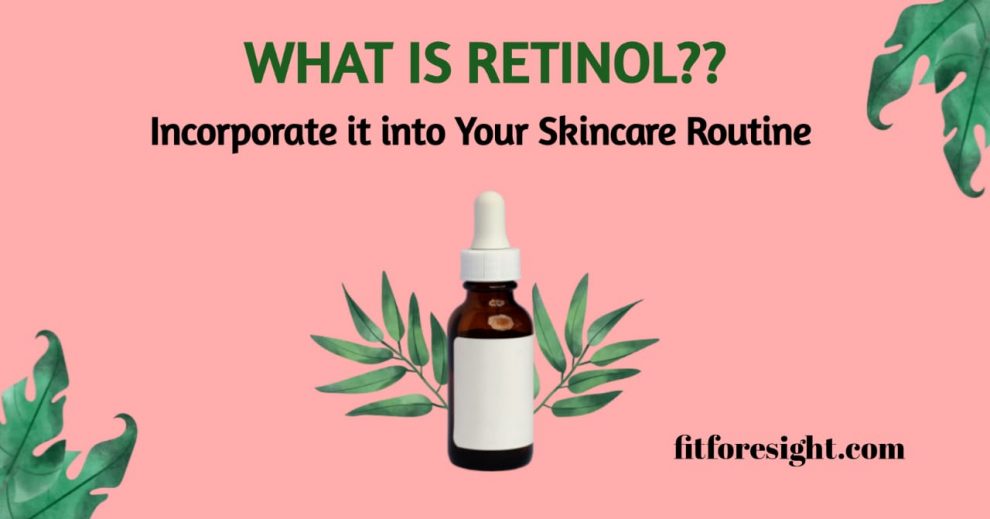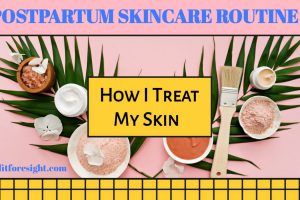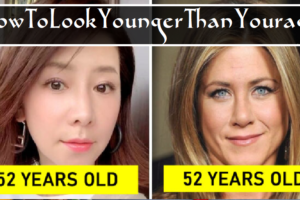The Ultimate Guide to Skincare
Introduction
In the world of skincare, one ingredient stands out for its remarkable benefits: retinol. If you’ve been curious about this skincare superhero and how it can transform your complexion, you’re in the right place. This comprehensive guide will dive deep into the world of retinol, offering you insights, tips, and answers to frequently asked questions.
What Is Retinol?
Retinol is a derivative of vitamin A and has been hailed as one of the most effective ingredients in skincare. It’s known for its ability to address a wide range of skin concerns, making it a favorite among dermatologists and skincare enthusiasts alike.
The Benefits of Retinol
1. Wrinkle Reduction
One of the primary reasons people turn to retinol is its remarkable ability to reduce the appearance of fine lines and wrinkles. It stimulates collagen production, leading to firmer, smoother skin.
2. Acne Management
Retinol is also an excellent choice for those dealing with acne. It unclogs pores, reduces inflammation, and promotes a clearer complexion.
3. Skin Texture Improvement
If uneven skin texture is a concern for you, retinol can help. It exfoliates the skin’s surface, promoting a smoother and more even complexion.
4. Brightening Effect
Retinol helps fade dark spots and hyperpigmentation, revealing a brighter and more youthful complexion.
How to Incorporate Retinol into Your Skincare Routine
When introducing retinol into your skincare regimen, it’s crucial to start slowly to avoid irritation. Follow these steps:
- Begin with a low-concentration retinol product.
- Apply it at night after cleansing your face.
- Use a moisturizer to reduce dryness and irritation.
- Apply sunscreen during the day, as retinol can make your skin more sensitive to the sun.
Frequently Asked Questions (FAQs)
Q1: Can I use retinol if I have sensitive skin?
A1: Yes, you can use retinol if you have sensitive skin, but it’s essential to start with a lower concentration and gradually increase it as your skin adjusts.
Q2: Can retinol be used during pregnancy?
A2: It’s best to avoid retinol during pregnancy, as high doses may have adverse effects on the developing fetus. Consult your healthcare provider for alternatives.
Q3: How long does it take to see results with retinol?
A3: Results vary from person to person, but most individuals notice improvements in skin texture and tone within a few weeks to a few months.
Q4: Can I apply retinol around my eyes?
A4: Yes, you can use a retinol eye cream, but be cautious and avoid getting it too close to your eyes to prevent irritation.
Conclusion
Retinol is undoubtedly a skincare game-changer, offering a multitude of benefits for your skin. Whether you’re looking to combat signs of aging, manage acne, or simply achieve a radiant complexion, incorporating retinol into your routine can help you achieve your skincare goals. Remember to start slow, be patient, and always use sunscreen to protect your skin.

























Add Comment